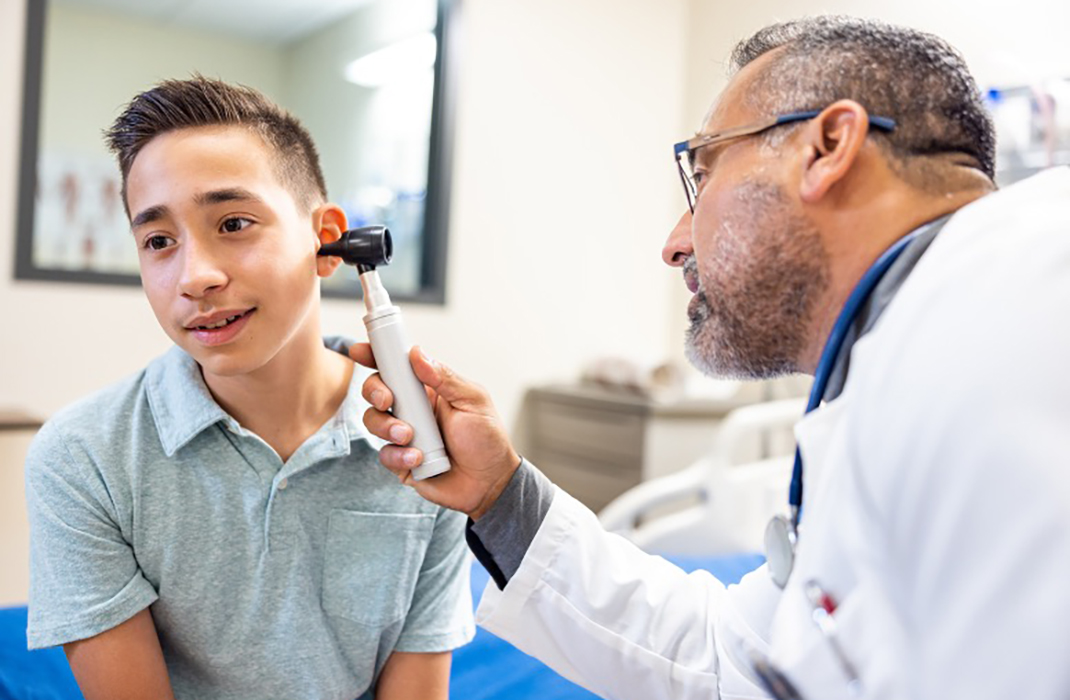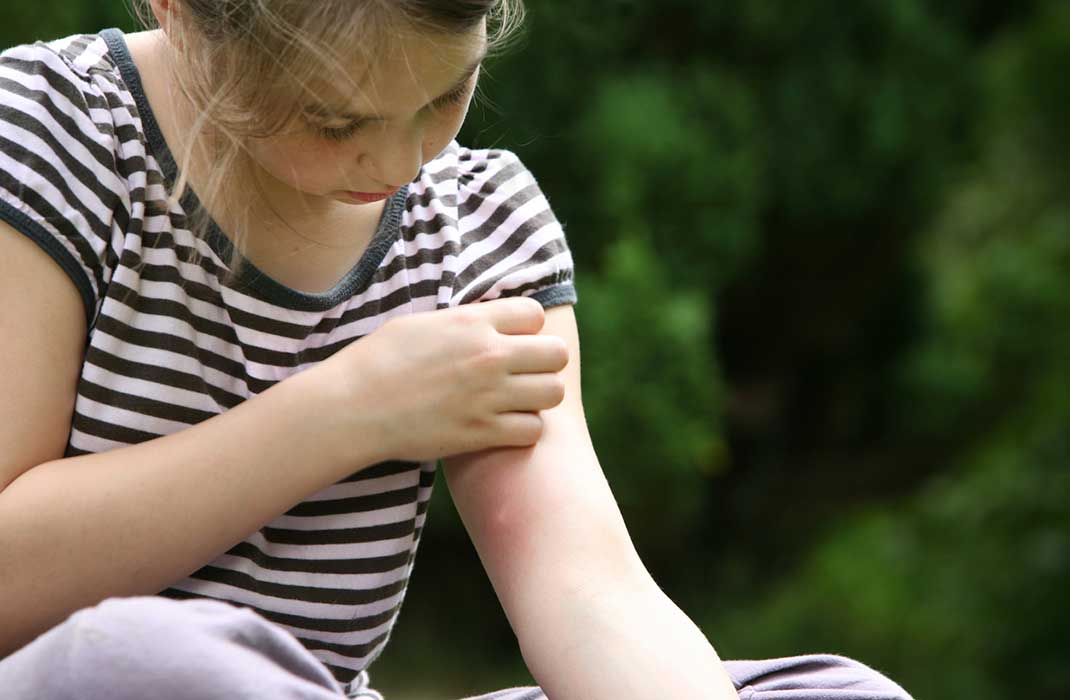-
- Find Care
-
- Visitor Information
- Find a Location
- Shuttles
- Visitor Policies
-
-
-
- Our Virtual Care Options
- Virtual Urgent Care
- Virtual Visits for Primary & Specialty Care
- Online Second Opinions
- Participate in Research
-
- Contact us
-
- For Innovators
- Commercialization Guide for Innovators
-
-
- Research News
- Alzheimer's Disease
- Artificial Intelligence
-
- Overview
-
- Overview
- Getting Started
- New to Mass General Brigham
- International Patient Services
- What Is Patient Gateway?
- Planning Your Visit
- Find a Doctor (opens link in new tab)
- Appointments
- Patient Resources
- Health & Wellness
- Flu, COVID-19, & RSV
- Billing & Insurance
- Financial Assistance
- Medicare and MassHealth ACOs
- Participate in Research
- Educational Resources
- Visitor Information
- Find a Location
- Shuttles
- Visitor Policies
- Find Care
-
- Overview
- Our Virtual Care Options
- Virtual Urgent Care
- Virtual Visits for Primary & Specialty Care
- Online Second Opinions
-
- Overview
- Participate in Research
-
- Overview
- About Innovation
- About
- Team
- News
- For Industry
- Venture Capital and Investments
- World Medical Innovation Forum (opens link in new tab)
- Featured Licensing Opportunities
- For Innovators
- Commercialization Guide for Innovators
- Contact us
-
- Overview
- Information for Researchers
- Compliance Office
- Research Cores
- Clinical Trials
- Advisory Services
- Featured Research
- Two Centuries of Breakthroughs
- Advances in Motion (opens link in new tab)
- Brigham on a Mission (opens link in new tab)
- Gene and Cell Therapy Institute
- Research News
- Alzheimer's Disease
- Artificial Intelligence
-
- Overview
-
- Overview
- Residency & fellowship programs
- Brigham and Women's Hospital
- Massachusetts General Hospital
- Mass Eye and Ear
- Newton-Wellesley Hospital
- Salem Hospital
- Integrated Mass General Brigham Programs
- Centers of Expertise
- Global & Community Health
- Health Policy & Management
- Healthcare Quality & Patient Safey
- Medical Education
- For trainees
- Prospective trainees
- Incoming trainees
- Current trainees
- Continuing Professional Development
Signs and Symptoms of Shingles

You’ve got a painful, blistery rash. Could you have shingles?
Odds are, you might. “More than a million people a year will experience a shingles attack. In fact, about a third of people will have shingles at some point in their lives,” says Mass General Brigham emergency medicine doctor Joseph W. Kopp, MD.
Luckily, a shingles infection is usually easy to diagnose, both in person and in virtual doctor visits. “It’s not something you should ignore,” Dr. Kopp adds.
Shingles causes and symptoms
Shingles is an infection of the nerves. It’s caused by herpes zoster, the same virus that causes chickenpox. After someone recovers from a chickenpox infection, the virus goes dormant, hiding inside certain nerve cells. But the virus can reawaken years later, triggering shingles.
Shingles is more common in people over 50 and people with a weakened immune system. But it can occur in anyone who has had chickenpox, at any age. It can be triggered by stress—or just plain bad luck.
Like chickenpox, shingles causes a rash. It starts as red spots, which morph into blisters that scab over after a week or so. The rash can be tingly and itchy, and it often causes burning or shooting pains across the infected nerves. “Unfortunately, a shingles infection can be pretty painful,” Dr. Kopp says.
In fact, it’s not uncommon for pain to appear before the rash pops up. “If you have pain or tingling on a certain area of the skin, and then develop a rash in that spot, it may be shingles,” he says.
Another clue you might have shingles: The rash typically only appears in one area, on either your left side or your right. Shingles infects the spinal nerves that stretch from the spinal cord to either side of the body. Since shingles follows the pathway of the nerve it infects, it generally appears in a swath on just one side of the body.
Shingles treatment online
Is shingles treatable by a virtual doctor visit? The answer is usually yes. Doctors diagnose shingles by asking the patient about their symptoms and examining the distinctive rash. Since they don’t typically need to do any lab tests to confirm the diagnosis, it makes a lot of sense to see an online doctor for shingles, Dr. Kopp says.
However, there are some reasons you might want to head to the ER or an urgent care clinic if you suspect shingles. Those reasons include:
- Widespread shingles: Shingles can be more serious in people with weakened immune systems. If you have a condition such as HIV or cancer, or have had an organ or bone marrow transplant, shingles could become a more widespread infection. In some cases, it can even spread across both sides of your body. “It’s rare, but when that occurs it’s a medical emergency and you should go to the hospital,” Dr. Kopp says.
- Shingles on the face: In some cases, shingles can attack the nerves in your eye, potentially damaging vision. Less commonly, shingles can strike the nerves in your inner ear. To prevent lasting damage to vision and hearing, it’s important to get prompt treatment. “If you have a shingles rash anywhere on your face, I recommend being seen in person by a doctor—today,” Dr. Kopp advises.
If you think you have shingles, your primary care provider is a good place to start. Your doctor's office can recommend next steps. Please call your primary care provider's office for urgent issues. Many Mass General Brigham primary care practices for adults and children offer same-day in-person and virtual visits.
Another helpful option is Mass General Brigham Virtual Urgent Care. It’s open to all patients ages 3 and up, even if they haven’t seen a Mass General Brigham provider before. Both new and current patients can schedule a virtual urgent care visit for that day or the next day on Mass General Brigham Patient Gateway.
When should you seek shingles treatment online?
Another benefit of seeing a doctor for shingles virtually? You’re more likely to see a doctor right away. And when you suspect shingles, there are good reasons to get diagnosed ASAP:
- It’s treatable: Doctors can prescribe antiviral medicines to target the virus that causes shingles. Those medicines can ease some symptoms, shorten the course of the infection, and decrease the chance of long-term problems. “There aren’t a lot of viruses that we have good medicines for—but for shingles, we do,” Dr. Kopp says.
- Pain is treatable, too: In addition to antivirals, doctors can prescribe medicines to help decrease the nerve pain caused by shingles. “These medicines work really well to control pain,” Dr. Kopp says. “There’s no reason you have to tough it out.”
- The clock is ticking: If you start treatment within the first 72 hours after the rash appears, antiviral medicines work better to decrease symptoms and shorten the infection time.
- Effects can linger: Even after the shingles rash clears, some people continue to experience nerve pain. This condition, called postherpetic neuralgia, can last for months. The good news: Antiviral medicines slash the odds of developing postherpetic neuralgia. “Antiviral medications can decrease the chance of lingering pain by up to 50%,” Dr. Kopp says.
Shingles vaccines
Shingles treatment is effective, but it’s much better to avoid the infection in the first place. That’s where shingles vaccines come in. Experts recommend the vaccine for all adults 50 and older, even if you’ve had shingles before.
Over time, your body’s immune system starts to forget about the herpes zoster virus. “The vaccine reintroduces the virus to your immune system, so that it learns to recognize the virus again,” Dr. Kopp says. “Having the vaccine decreases the chance of getting shingles by about 90%.”
Anyone who has had shingles will tell you: It’s no fun. Fortunately, modern vaccines and antiviral treatment can take the sting out of this common infection.
New research on shingles and cognitive decline
New research from Brigham and Women’s Hospital, published in Alzheimer’s Research & Therapy, has found a possible link between shingles and cognitive decline.
According to the study, people who had shingles were 20% more likely to report long-term cognitive problems, such as memory loss or confusion. The research also found that the risk of cognitive decline was higher in men with a specific gene linked to dementia. Though more studies are needed to understand the connection, this study adds to the evidence supporting shingles vaccination, especially in older adults.
Corresponding author Sharon Curhan, MD, of the Channing Division for Network Medicine, emphasizes the importance of shingles vaccination.
"Given the growing number of Americans at risk for this painful and often disabling disease and the availability of a very effective vaccine, shingles vaccination could provide a valuable opportunity to reduce the burden of shingles and possibly reduce the burden of subsequent cognitive decline," Curhan says.
If you think you may have shingles, seek care right away. Early treatment can help ease symptoms and reduce complications.

Contributor
Related articles
-

published on
-

published on
-

published on
-

published on
-

published on
-

published on
-

published on
-

published on
-

published on